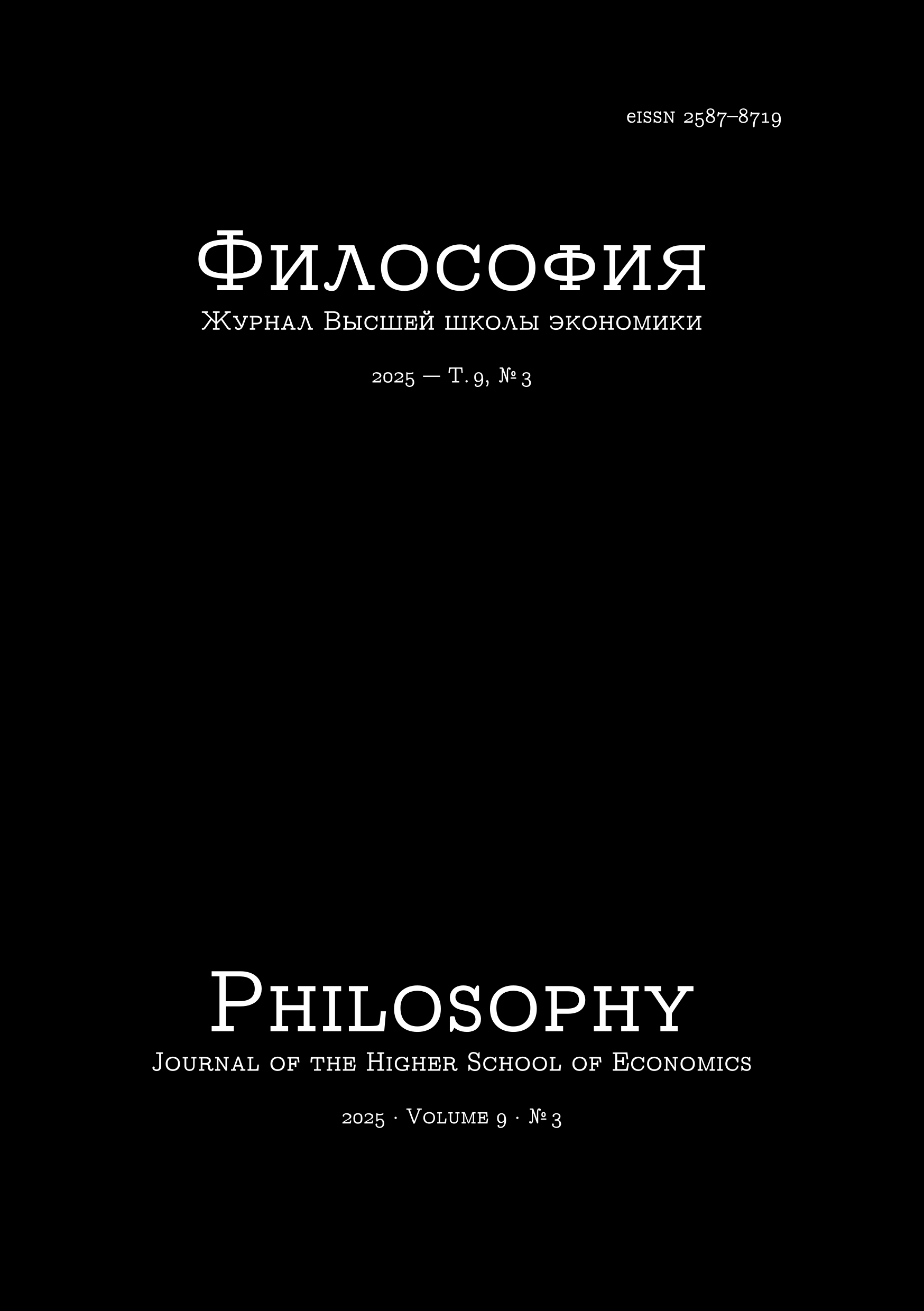Common Good Constitutinonalism
Conception and Controversy
Abstract
The article examines the modern project of rehabilitation of the common good, a concept of the classical natural law tradition, proposed by Harvard Law School professor Adrian Vermeule in the postliberal concept of “common good constitutionalism”, as well as the broad polemic around this project. The first section provides a sketch of the main provisions of the postliberal program, the main message of which is the revival of the feelings and practices of social solidarity destroyed by liberalism. The subject of the second section is the concept of common good constitutionalism itself. We show the inconsistency of Vermeule's understanding of the common good both in itself and in relation to individual rights, which is connected with the use of the Thomist notion of the common good without taking into account the transcendent perspective of human purposes implied by this notion. Since Vermeule does not present any vision of human nature, without clarification of which the concept of the common good cannot be clarified, the third section presents M. Foran's development of his concept, focusing on the natural-law justification of dignity in relation to the common good. The last section is devoted to a critical discussion of Vermeule's conception. Critics claim common good constitutionalism rejects the liberal ideal of moral neutrality and the intervention of religious morality in law with the support of state institutions. However, it would be more accurate to diagnose this concept as an attempt to justify the possibility of replacing the morality of a secular society, promoted through the same political institutions, with religious morality. It has been noted that the common good constitutionalism formed within Catholic integralism resembles the project of the Grand Inquisitor described by Dostoevsky, in which the “kingdom of peace and happiness” was built on miracles, mystery, and authority. In Vermeule's project we find the authority of the ruler, the secret of the common good inaccessible to the subjects, and the miracle of abundance and prosperity gratefully accepted by the subjects. A review of the polemics surrounding Vermeule's conception leads to the conclusion that there is a deep division within the American legal community in understanding the foundations, features, and ways of development of the U.S. constitutional tradition.
Downloads
Copyright (c) 2025 Philosophy Journal of the Higher School of Economics

This work is licensed under a Creative Commons Attribution-NonCommercial 4.0 International License.






